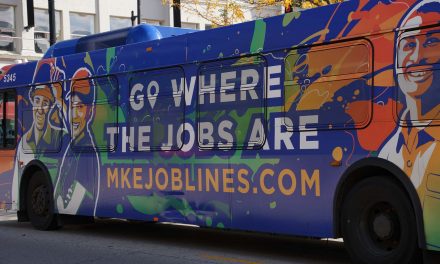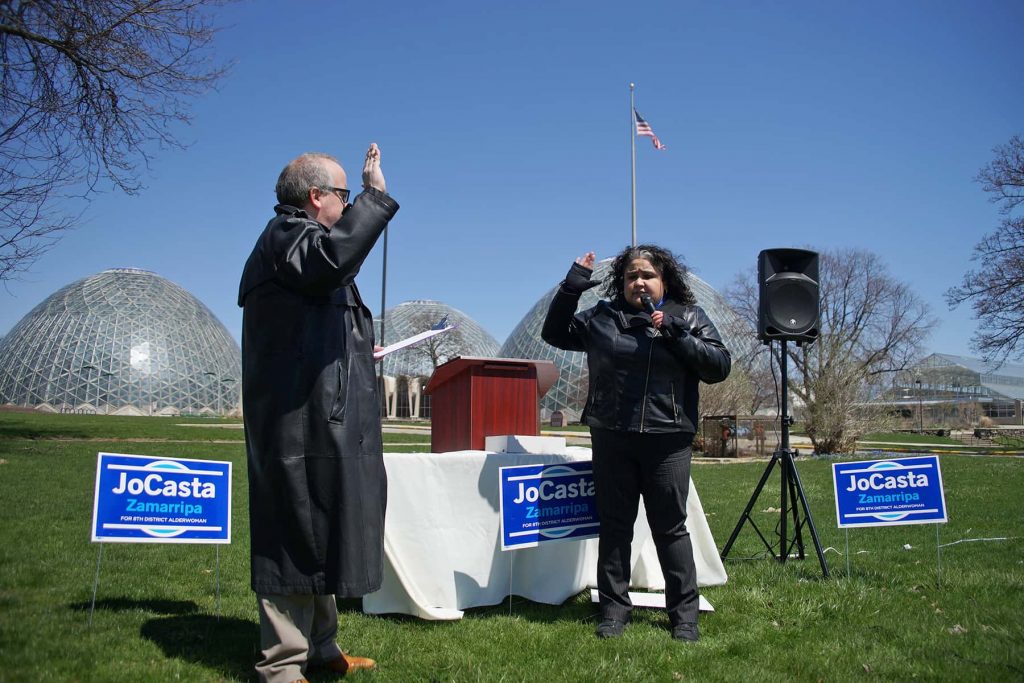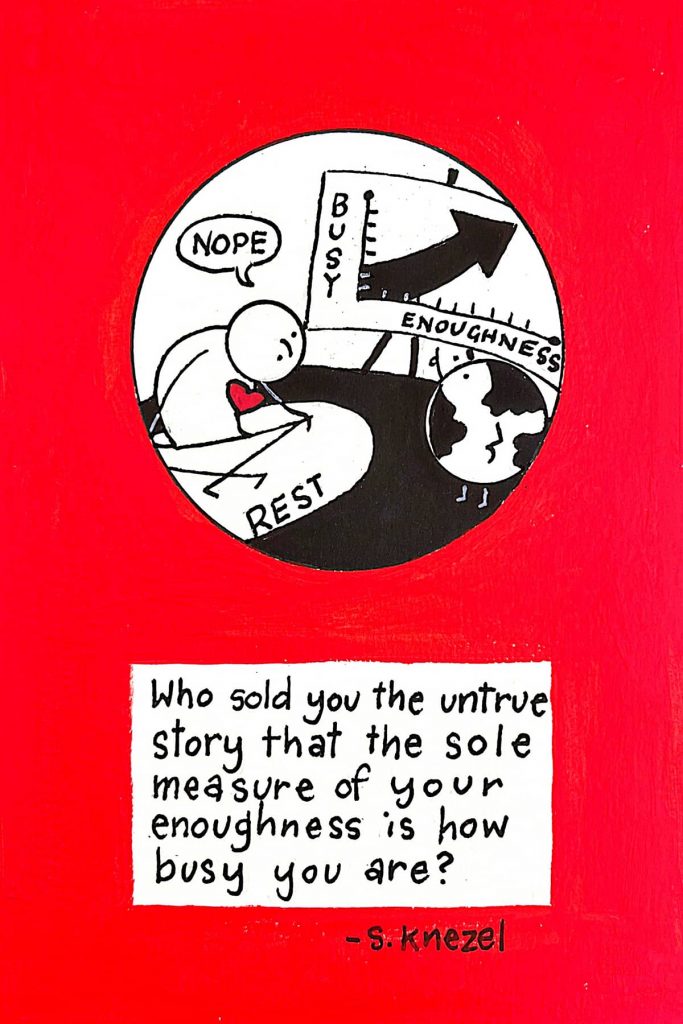
The City of Milwaukee announce a corporate partnership with Associated Bank on February 26 for home loans, which also fit the settlement agreement that the financial institution was obligated to pay for its discriminatory housing policies.
Associated Bank agreed to purchase a significant portion of the STRONG HOMES Loan portfolio, and add approximately $1.5 million to the funds available for helping Milwaukee residents stay in their homes.
The commitment comes just under three years after the bank agreed to settle with the U.S. Department of Housing and Urban Development (HUD) to resolve a disparate treatment redlining case, one of the largest redlining complaints brought by the federal government against a mortgage lender.
Redlining refers to the practice of lenders changing more for or denying services to residents in particular areas, with racial discrimination often an end result
“This settlement sends a strong message that HUD does not tolerate practices that unfairly restrict an equal and open housing market,” said then HUD Secretary Julián Castro in 2015. “Discriminatory lending practices have too often cut off too many credit-worthy families from the opportunities they need to thrive. This agreement will ensure that more Americans can fulfill their hopes and aspirations.”
Over the following three years until 2018, Associated agreed to pay nearly $10 million in the form of lower interest rate home mortgages and down payment/closing cost assistance to qualified borrowers in majority-minority census tracts in the housing market areas of Milwaukee, Racine, Kenosha, Chicago, and Minneapolis-St. Paul.
At approximately $200 million, it was the largest settlement of this kind HUD has ever reached. The settlement stemmed from a complaint alleging that from 2008-2010, the Wisconsin-based bank engaged in discriminatory lending practices regarding the denial of mortgage loans to African-American and Hispanic applicants and the provision of loan services in neighborhoods with significant African-American or Hispanic populations.
Per terms of the settlement agreement, Associated Bank has agreed to:
- Pay nearly $10 million in the form of lower interest rate home mortgages and down payment/closing costs assistance to qualified borrowers in majority-minority census tracts in Milwaukee, Racine, Kenosha, Chicago, and Minneapolis-St. Paul.
- Invest nearly $200 million through increased home mortgage lending activity in the designated areas.
- Provide nearly $3 million to help existing homeowners repair their properties in these predominantly minority communities.
- Pay $1.4 million to support affirmative marketing of loans in the listed census tracts.
- Commit $1.35 million for community reinvestment and fair lending education and training.
- Open four loan production offices in majority-minority census tracts, three in the Chicago area and one in the Milwaukee area.
- Offer fair housing training to all its employees and agents with substantial residential lending activity within six months, and maintain a second level review process for all denied residential loans.
The Fair Housing Act makes it unlawful to discriminate in the terms, conditions, or privileges of sale of a dwelling because of race or national origin. The Act also makes it unlawful for any person or other entity whose business includes residential real estate-related transactions to discriminate against any person in making available such a transaction, or in the terms or conditions of such a transaction, because of race or national origin.
Lee Matz














